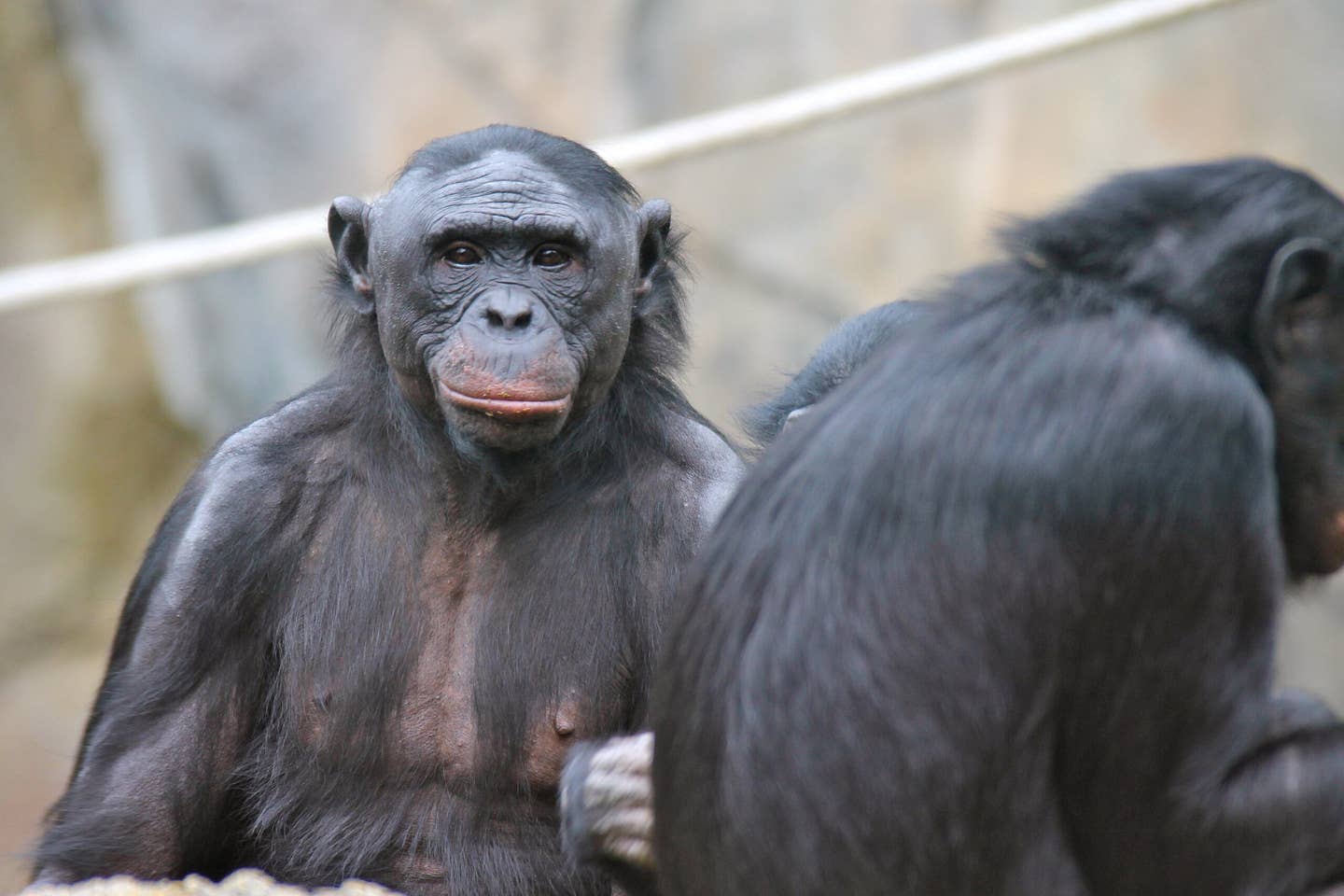Major new study finds that hunger could slow down the aging process
New study has shed light on a fascinating aspect of aging: hunger itself might hold the key to slowing down the aging process.

In the quest for weight loss, people explore many methods ranging from low-carb diets to intermittent fasting, surgical procedures, and medications like Ozempic.
Amidst this diversity, a recent study from the University of Michigan has shed light on a fascinating aspect of aging: hunger itself might hold the key to slowing down the aging process.
Hunger and healthy aging
For years, scientists have recognized the benefits of restricting food intake for promoting healthy aging across various species, including humans. However, intriguingly, recent research suggests that merely experiencing hunger, without even consuming food, could influence aging.
Kristy Weaver, Ph.D., the lead author of the study, alongside principal investigator Scott Pletcher, Ph.D., and their team, delved into the intriguing realm of hunger and its potential impact on lifespan.
Pletcher highlights, “We’ve sort of divorced [the life-extending effects of diet restriction] from all of the nutritional manipulations of the diet that researchers had worked on for many years to say they’re not required. The perception of not enough food is sufficient.”
To investigate this phenomenon, the researchers conducted experiments using fruit flies as model organisms. They induced hunger in flies through various means, such as altering the levels of branched-chain amino acids (BCAAs) in their diet.
Flies fed a low-BCAA diet exhibited a preference for yeast over sugar, a behavior indicative of need-based hunger. Notably, these flies consumed more food and total calories compared to those on a high-BCAA diet, yet they lived significantly longer.
Moreover, the researchers employed a cutting-edge technique called optogenetics to activate hunger-associated neurons in flies using red light exposure. This manipulation led to a notable increase in food consumption, with the red-light activated flies exhibiting an extended lifespan compared to the control group.
Related News
Weaver explains, “We think we’ve created a type of insatiable hunger in flies. And by doing so, the flies lived longer.”
Additionally, the team investigated the molecular mechanisms underlying hunger and its effects on aging. They found that hunger triggers changes in the epigenome of neurons, influencing gene expression patterns linked to feeding behavior and aging.
While the findings offer intriguing insights, the authors caution against directly applying them to humans. However, they believe that the mechanisms uncovered are likely to have implications for hunger regulation across different species.
Looking ahead, the researchers aim to explore how the desire to eat for pleasure, a common trait in both flies and humans, might also influence lifespan.
This study unveils the profound impact of hunger on aging, hinting at potential avenues for understanding and modulating the aging process.
For more science and technology stories check out our New Discoveries section at The Brighter Side of News.
Note: Materials provided above by The Brighter Side of News. Content may be edited for style and length.
Like these kind of feel good stories? Get the Brighter Side of News' newsletter.



